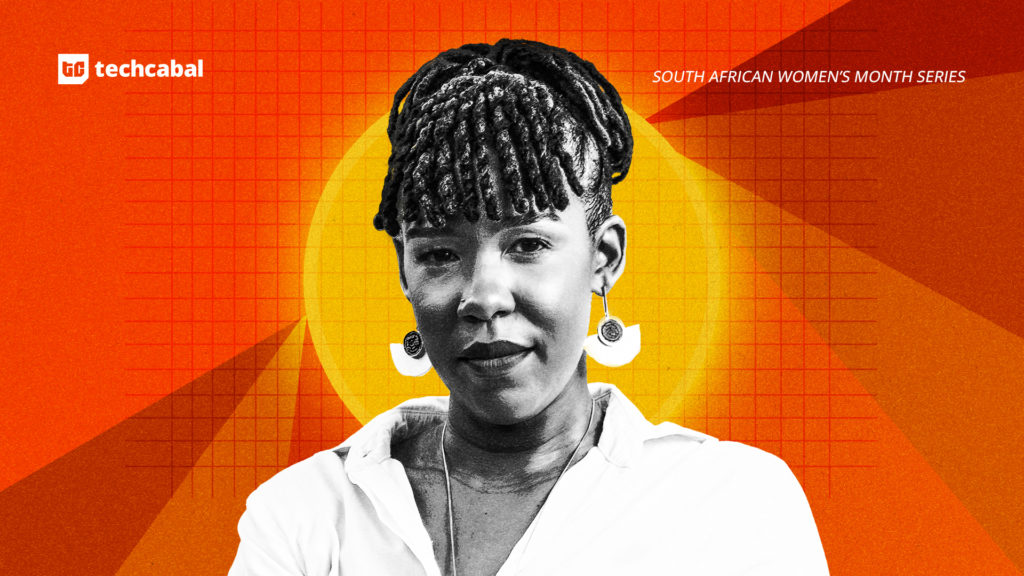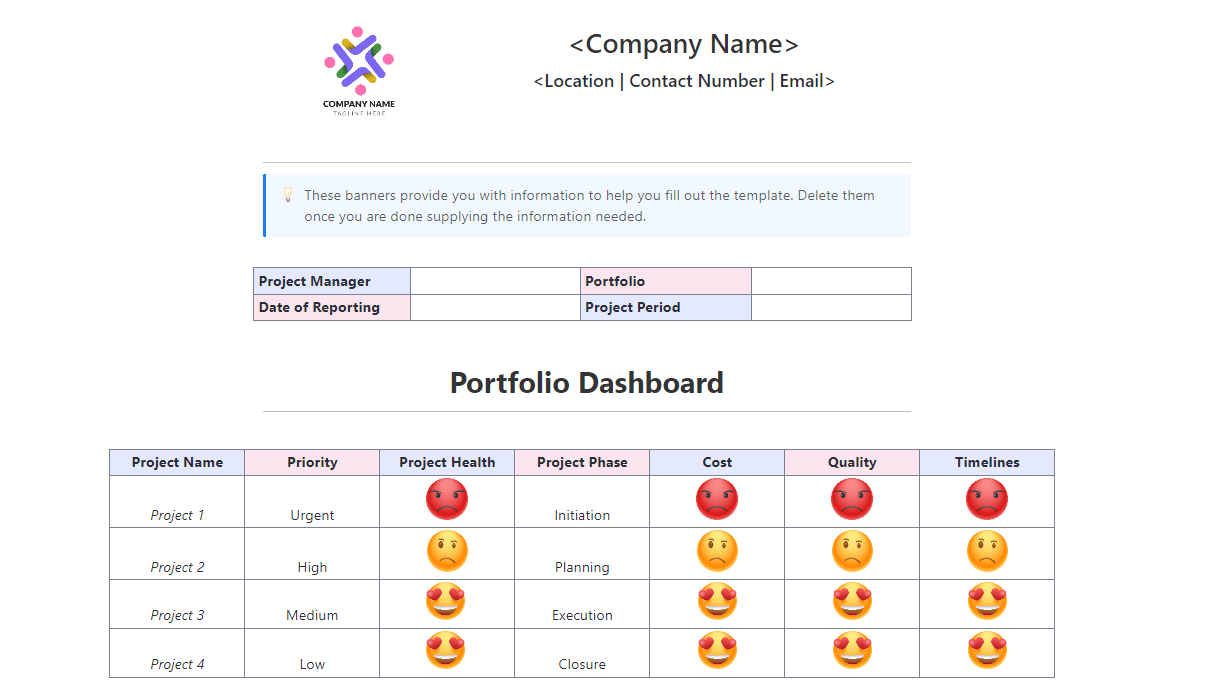This story is part of ’s South Africa Women’s Month spotlight—a monthlong celebration of South African women driving innovation in the tech ecosystem.
Back in 2010, at the first African Leadership Network (ALN) conference in Ethiopia, Naima McLean stepped onto the stage as a poet, musician and a producer, shaping the event experience through art. She could not have known then that her creative instincts were laying the groundwork for a future in tech.
Born into a family of creatives, it’s no surprise that McLean’s professional journey also began in this field. But after an Executive MBA at Henley Business School in 2015, she wanted to do more beyond building her own career. She wanted to be part of a larger creative economy. “I had to ask myself, where can I show up as my full self with my creative background, new business knowledge, and deep desire for transformation on the continent?”
Four years later, she joined ALX, a subsidiary of the African Leadership Group, as part of a member experience team and subsequently grew into much bigger responsibilities. It turned out to be the answer McLean was looking for. “It felt fully aligned with my mission. And I needed something more stable than gig-based creative work.”
Today, McLean leads strategy seeking to merge creativity, technology, and youth empowerment across the continent as Vice President of Creative Economy. “I have had to build a bridge between my creative heart and my strategic mind,” she said, laughing. “But honestly, I think that is where innovation comes from.”
How leading in tech creative economy started
ALX launched in 2018 as a pan-African career accelerator with a mission to equip young professionals with in-demand technology and leadership skills to drive digital transformation across the continent. Founded by Fred Swaniker, ALX has established itself as one of Africa’s leading talent and tech accelerators, with a presence in major cities including Nairobi, Johannesburg, Accra, Lagos, Kigali, Casablanca, Cairo, and Addis Ababa.
Over the years, ALX has helped thousands of young African entrepreneurs launch and scale startups, with alumni including notable VC-backed companies such as Nigeria’s healthtech, Healthtracka, and Kayko, a fintech startup in Rwanda. Startups nurtured by ALX have pitched at major innovation summits like Latitude59, showcasing solutions ranging from fintech and healthtech to climate and e-commerce.
When COVID hit in 2020, McLean says the company, like most, was uncertain about its future and seeking ways to remain relevant. “The answer was clear – tech,” McLean says.
With no background in tech but a will to learn, and boosted by support from the Mastercard Foundation, McLean says they adapted quickly. “Thankfully, ALX values agility. We were all building the plane as we flew it.” From community building, she evolved into leading stakeholder strategy, connecting young learners with industry mentors, executives, and work opportunities. “I did not speak tech. But I knew people, the creative community and how to connect dots.”
In early 2025, ALX rolled out a new strategy to support the creative industry combining tech training with Africa’s rich cultural scene. It was time to train storytellers, animators, editors, designers, and digital artists to build pathways to real income, a vision McLean has been building to help drive meaningful change through technology.
Leading with empathy
Over the course of her academic and work career, McLean has worn many hats: actress, poet, musician, producer, marketer, consultant—after she made a move into the corporate world. “In many ways, I was trying to find the sweet spot between art and impact,” she says.
As a leader, McLean is driven by empathy, emotional intelligence, and a strong sense of focus and commitment. “My theatre training taught me to be attuned to psychology, how people show up in the world, what drives them. “I believe in staying close to team sentiment. Understanding morale is part of how I lead.”
That does not mean she avoids hard decisions. When ALX had to downsize during a strategic pivot, she struggled deeply. “I had to do coaching because I thought maybe I was too empathetic. But eventually, I learned that compassion in leadership is a strength, not a weakness.”
She now embraces what she calls “feminine leadership” in a space that does not always reward it. “You do not have to leave your heart at the door to lead effectively. People give more when they feel seen and trusted,” she says.
To McLean, leadership in African tech means one thing, democratising access. “It’s the kid in a rural Rwandan village who now earns $23,000 working remotely for a global company after getting trained online. That’s the vision. That’s the impact.”
And now, in her new role, McLean is bringing that same democratisation to the creative sector, using tech to unlock Africa’s cultural wealth.
“Sometimes, I felt like I would abandon the creative sector,” she admits. “But today, we aim to train a million young Africans in creative tech by 2030. It’s a full-circle moment. Now I understand why every step mattered.”
Identity, and the power of self-belief
Despite her success, McLean is candid about her doubts. “There is a constant question—Do I belong in tech? Am I qualified enough?” She sees this not just as a personal hurdle, but a systemic issue for women in tech, especially Black women without technical backgrounds.
“My journey proves you do not have to be a coder to lead in tech. You just need strategy, people skills, and a learning mindset.”
And learning she does, currently enrolled in an AI foundations course alongside her team. “I believe it’s like reading. AI literacy is the new basic.”
Mark your calendars! Moonshot by is back in Lagos on October 15–16! Join Africa’s top founders, creatives & tech leaders for 2 days of keynotes, mixers & future-forward ideas. Early bird tickets now 20% off—don’t snooze! moonshot..com









